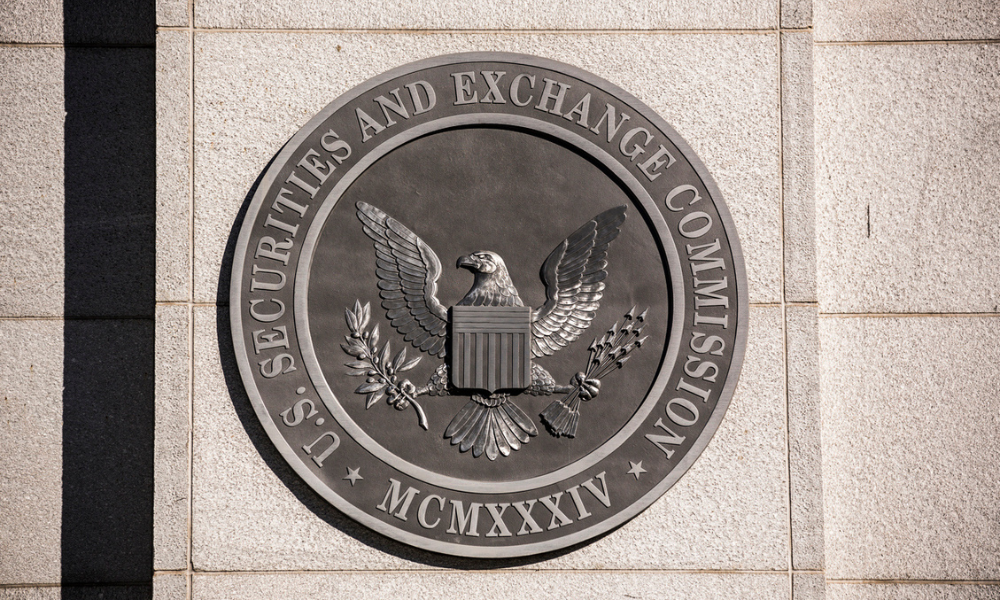

European Central Bank President Christine Lagarde proposed granting more powers to the European Union’s securities watchdog, turning it into the regional equivalent of the US Securities & Exchange Commission.
Supervision of capital markets “remains largely at the national level,” Lagarde said in a speech at a conference on Friday. A European agency with “a broad mandate including direct supervision,” could help address that problem.
“Creating a European SEC, for example by extending the powers of ESMA, could be the answer” she said, referring to the European Securities & Markets Authority.
The EU is working to forge closer ties between its financial markets and make it easier for investors to deploy capital to finance the overhaul of the region’s economy. While Paris-based ESMA has spearheaded the implementation of certain projects including the bloc’s Mifid rules, it lacks the broad enforcement powers of other European authorities such as the ECB’s bank supervision arm.
Lagarde cited the challenges of deglobalization, demographics and decarbonization and compared the funding needs to the investments in US railroads in the 18th century, which outstripped banks’ lending capacity. Drawing another comparison to US history, Lagarde said the creation of the SEC in the 1930s “played a pivotal role in suppressing state efforts to fragment securities markets.”
The EU will also need a “single rulebook” for its financial markets, she said. Combined with a unified watchdog, “that would empower private entities to expand their ambitions in fostering high-growth private investments.”

Elsewhere in Utah, Raymond James also welcomed another experienced advisor from D.A. Davidson.

A federal appeals court says UBS can’t force arbitration in a trustee lawsuit over alleged fiduciary breaches involving millions in charitable assets.

NorthRock Partners' second deal of 2025 expands its Bay Area presence with a planning practice for tech professionals, entrepreneurs, and business owners.

Rather than big projects and ambitious revamps, a few small but consequential tweaks could make all the difference while still leaving time for well-deserved days off.

Hadley, whose time at Goldman included working with newly appointed CEO Larry Restieri, will lead the firm's efforts at advisor engagement, growth initiatives, and practice management support.
Orion's Tom Wilson on delivering coordinated, high-touch service in a world where returns alone no longer set you apart.
Barely a decade old, registered index-linked annuities have quickly surged in popularity, thanks to their unique blend of protection and growth potential—an appealing option for investors looking to chart a steadier course through today's choppy market waters, says Myles Lambert, Brighthouse Financial.
